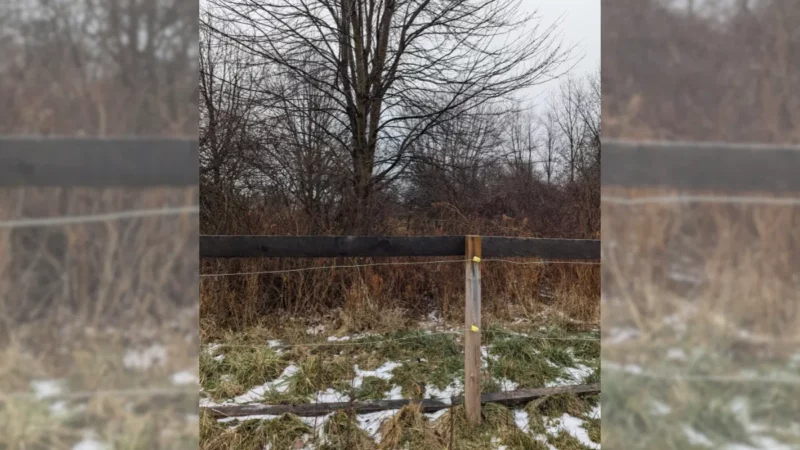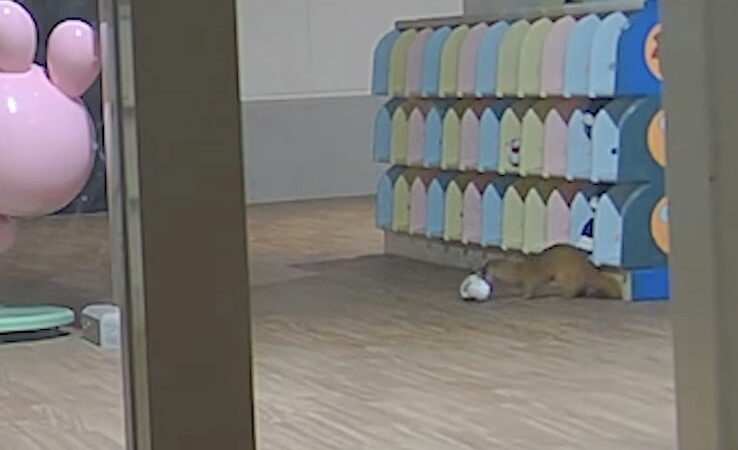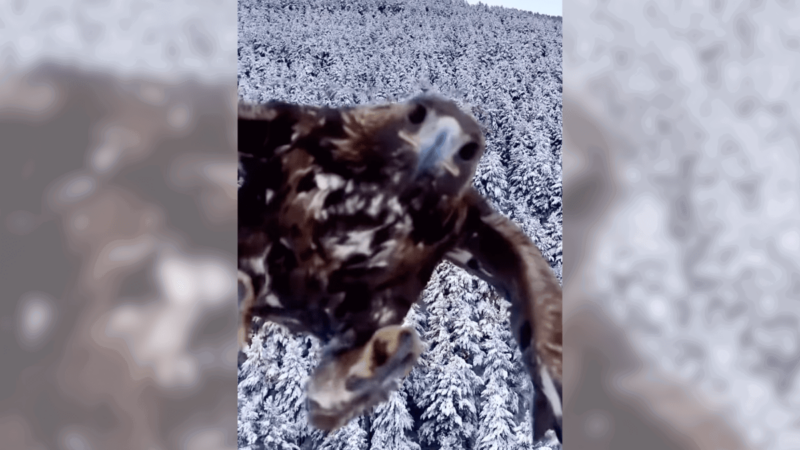Lawmakers Consider Protecting Mudbugs and Snot Otters
What makes an animal worth saving? Are certain species more deserving of protection just because we find them cute? That’s the question posed by a new bill that’s currently making its way through Congress. Called the Recovering America’s Wildlife Act, the legislation would provide funding to animals most in need of conservation—not just the ones that are most popular.
Some critters on the shortlist: freshwater mussels called heelsplitters; Appalachian crawfish known as mudbugs; and dinosaur-like salamanders called hellbenders. (Locally, some folks refer to hellbenders as “snot otters” for their mucus coatings and aquatic habits—more on that below.) Several overlooked birds and insects may also gain priority status.
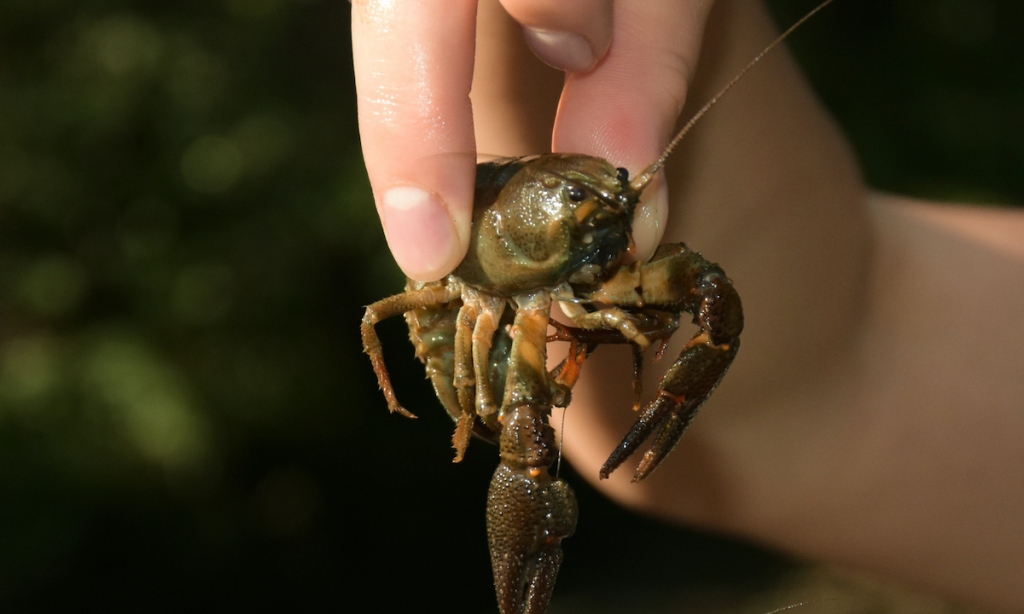
Big funding for weird critters
This kind of legislation is long overdue, said Sen. Martin Henrich, one of the lawmakers who introduced the bill, in a recent press interview.
“It’s really dangerous to think, ‘We’re going to protect the bald eagle, but we don’t care about songbirds.’ All of these things are connected,” he told The Washington Post. The EU has had to adopt similar thinking in their recent attempts to protect eels.
If passed, the Restoring America’s Wildlife Act would allow states, federally recognized Indigenous tribes, and territories to spend up to $1.4 billion on conservation work for these kinds of imperiled species each year.
According to the National Wildlife Federation (NWF), the act would also provide tribes with almost $1 billion annually. This would be the “first-ever dedicated source of federal wildlife funding” for tribal conservation work, reports NWF. Given that many Indigenous tribes have been stewarding their lands for thousands of years, that’s pretty surprising.
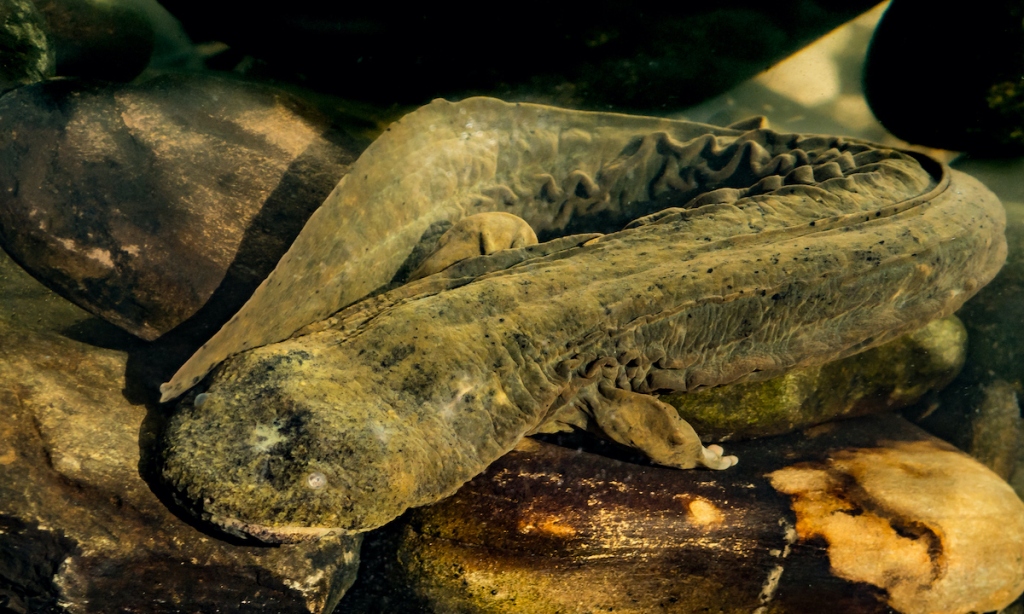
Why do snot otters matter?
So, why protect ugly critters? Many of these animals are critical components of their ecosystems. They play an important role in keeping other species happy and healthy. Some of them are also really cool.
Just look at hellbenders (aka snot otters), which are some of the most unique amphibians in the U.S. For one thing, they’re huge (they can be two feet long and weigh up to five pounds.) For another, they’re born with both gills and lungs, and they’re able to breathe through their skin. Hellbenders can live to be up to 50 years old in captivity, reports PBS.
Hellbenders reside at the bottom of cold, clear mountain streams where they hunt fish and crawfish. Because they usually breathe through their skin, they need extremely clean water to survive. With more and more streams being polluted by development and deforestation in Appalachia, eastern hellbenders, in particular, have lost critical habitat. Climate change has also impacted them; oxygen dissolves better in cold water, and as streams warm, hellbenders don’t have enough oxygen to breathe.
Hopefully, this new legislation will help protect the beloved snot otter—as well as mudbugs, heelsplitters, and all the rest.
Source: https://outdoors.com/snot-otters-deserve-protection-too/

